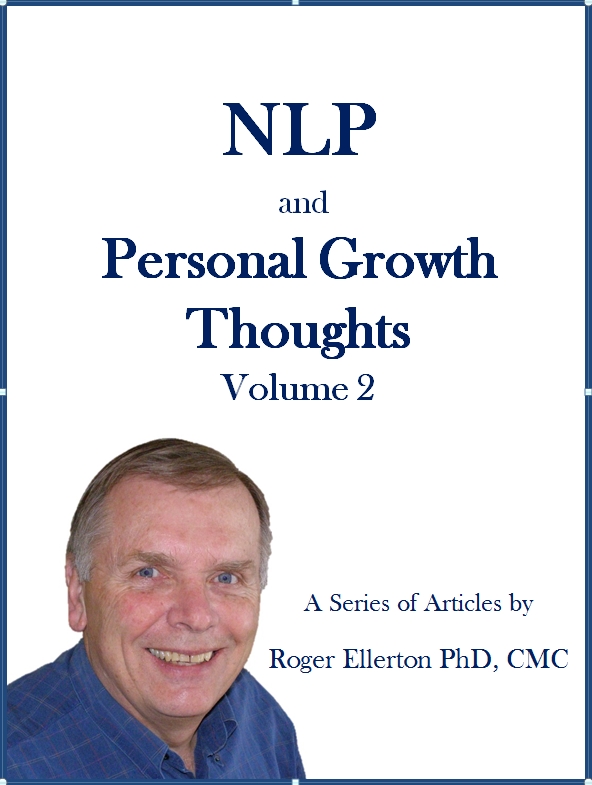Six Primary Parenting Roles
By Roger Ellerton Phd, ISP, CMC, Renewal Technologies Inc.
This article may not be republished without written permission from Roger Ellerton/Renewal Technologies Inc. If you republish this article without permission, you will be in violation of copyright law and sent an invoice. You may share this and other pages with your friends by linking directly to this page from your website or blog.
Each child is a unique individual, and each has their own schedule for growing up. At each stage of growth, their needs and expectations from their parents will change. To meet these needs, parents play six primary roles - sometimes two or three at the same time - and communicate with each child according to that child's focus, style and age requirements.
Caretaker/guide. Promote your children's development by providing safe and supportive environments, while providing guidance and direction on possible paths they can take to achieve their desired outcomes.
Coach. Help your children perform to the best of their abilities by identifying and encouraging specific action steps they can take to reach a successful conclusion.
Teacher. Help your children develop new strategies, skills and capabilities for thinking and taking action, rather than focusing on a particular accomplishment in a specific situation.
Mentor. Provide guidance and influence to generate and strengthen important beliefs and values for your children, while functioning as an appropriate role model.
Sponsor. Recognize, acknowledge and promote an attribute or identity that is already within your children, but that is not yet fully developed or that they are not yet aware of.
Awakener. Bring to your children's attention the purpose/vision that is awaiting them beyond the bounds of their family or community.
Each of the above roles provides respectful and timely feedback that includes praise and suggestions for improvement to help your children learn and grow. For example, as a coach you provide feedback with regard to the actions your children have or have not taken, while a mentor will model and provide direction on specific beliefs or values that are important.
The skills related to a particular role include and also transcend the skills of all of the previous levels. That is, a teacher must have and exhibit the skills and abilities of a coach, a caretaker/guide and more. On the other hand, a guide may not possess or need to exhibit the skills and abilities of a coach.
Although presented from a parenting perspective, these ideas and concepts are equally valid for managers, life/executive coaches or anyone involved in supporting another person. In fact, an article similar to this was published in The Costco Connection. The main difference? The word "parent" was replaced with"manager" and the word "children" was replaced with "staff".
More information on these roles and specific actions you can take as a parent or manager are presented in Parents' Handbook: NLP and Common Sense Guide for Family Well-Being..
Author: Roger Ellerton is a certified NLP trainer, certified management consultant and the founder and managing partner of Renewal Technologies. The above article is based on his book Parent's Handbook: NLP and Common Sense Guide for Family Well-Being.
Copyright © 2010 and 2015 Renewal Technologies Inc. All rights reserved.








